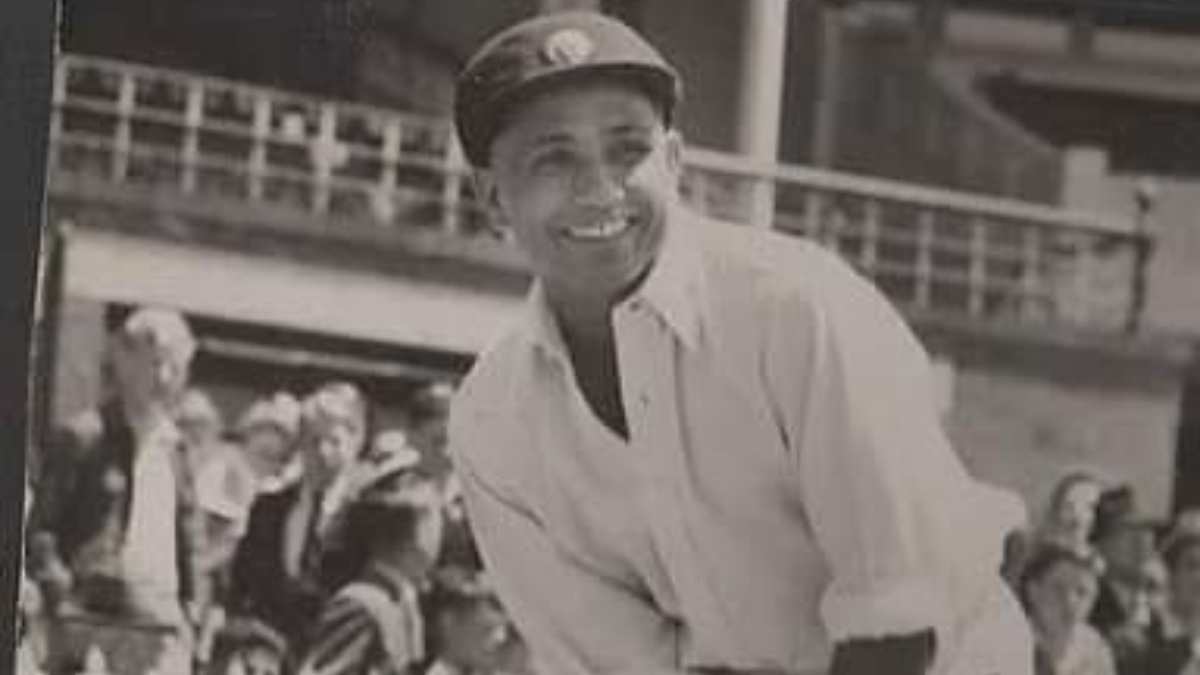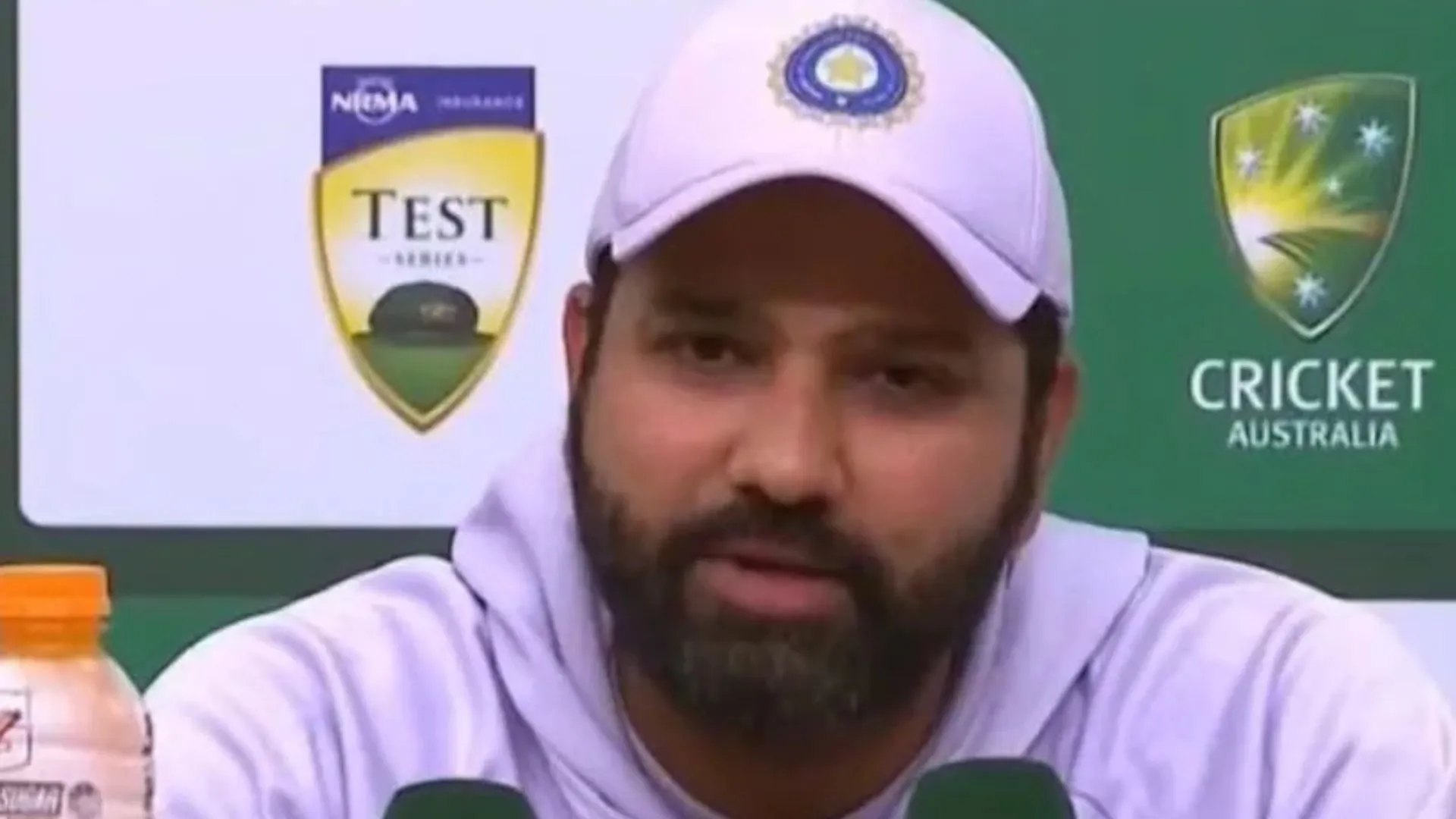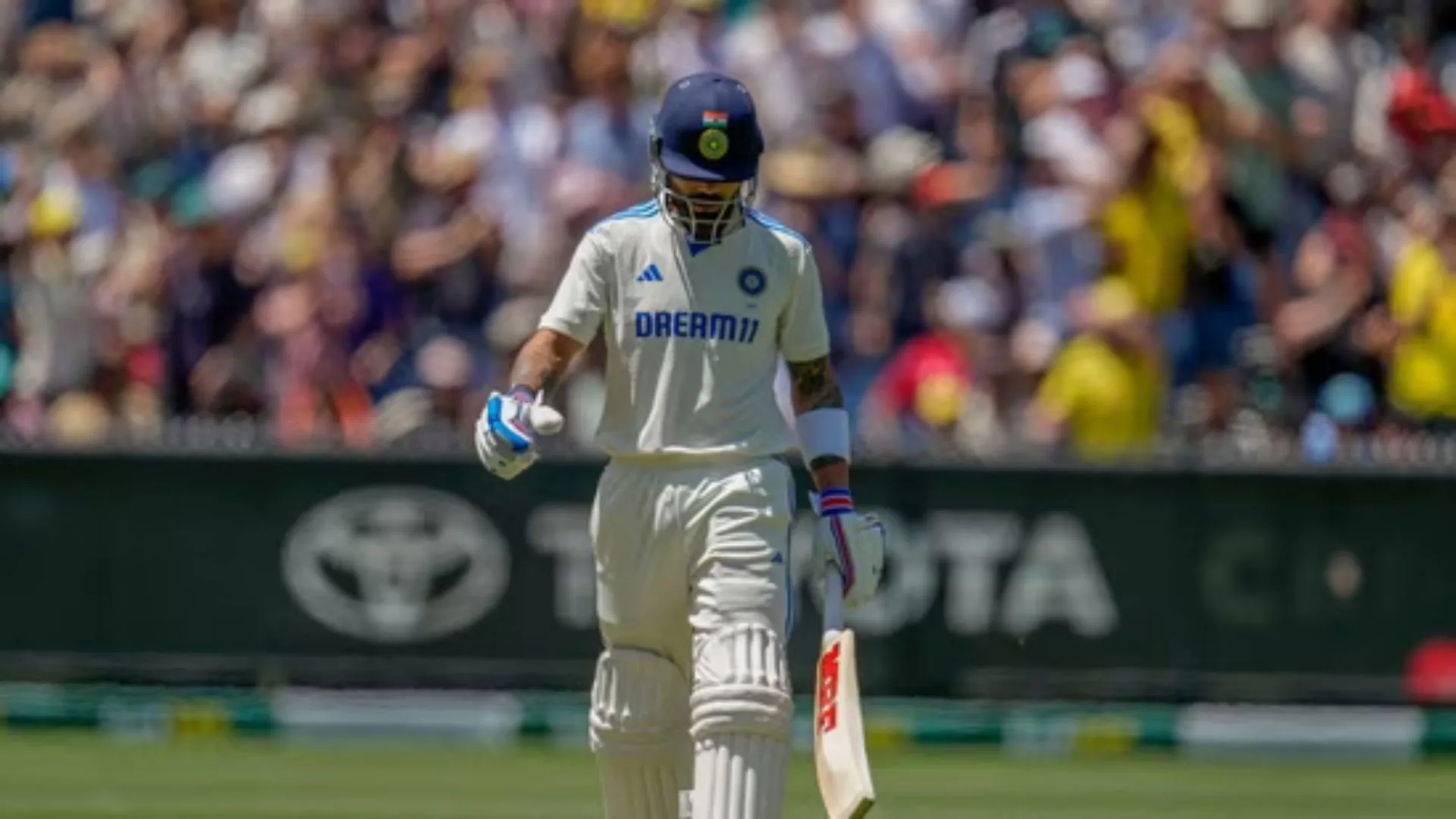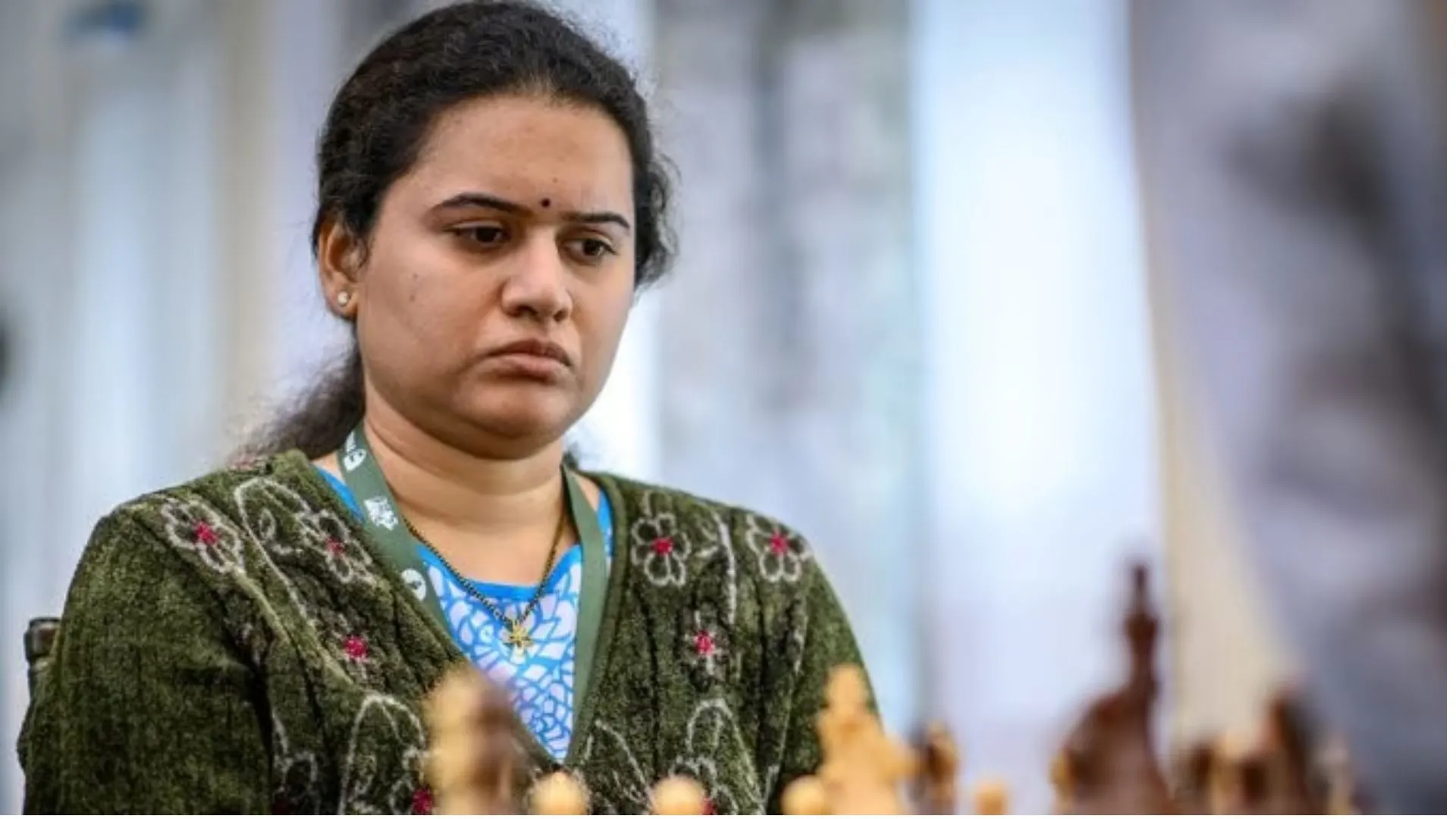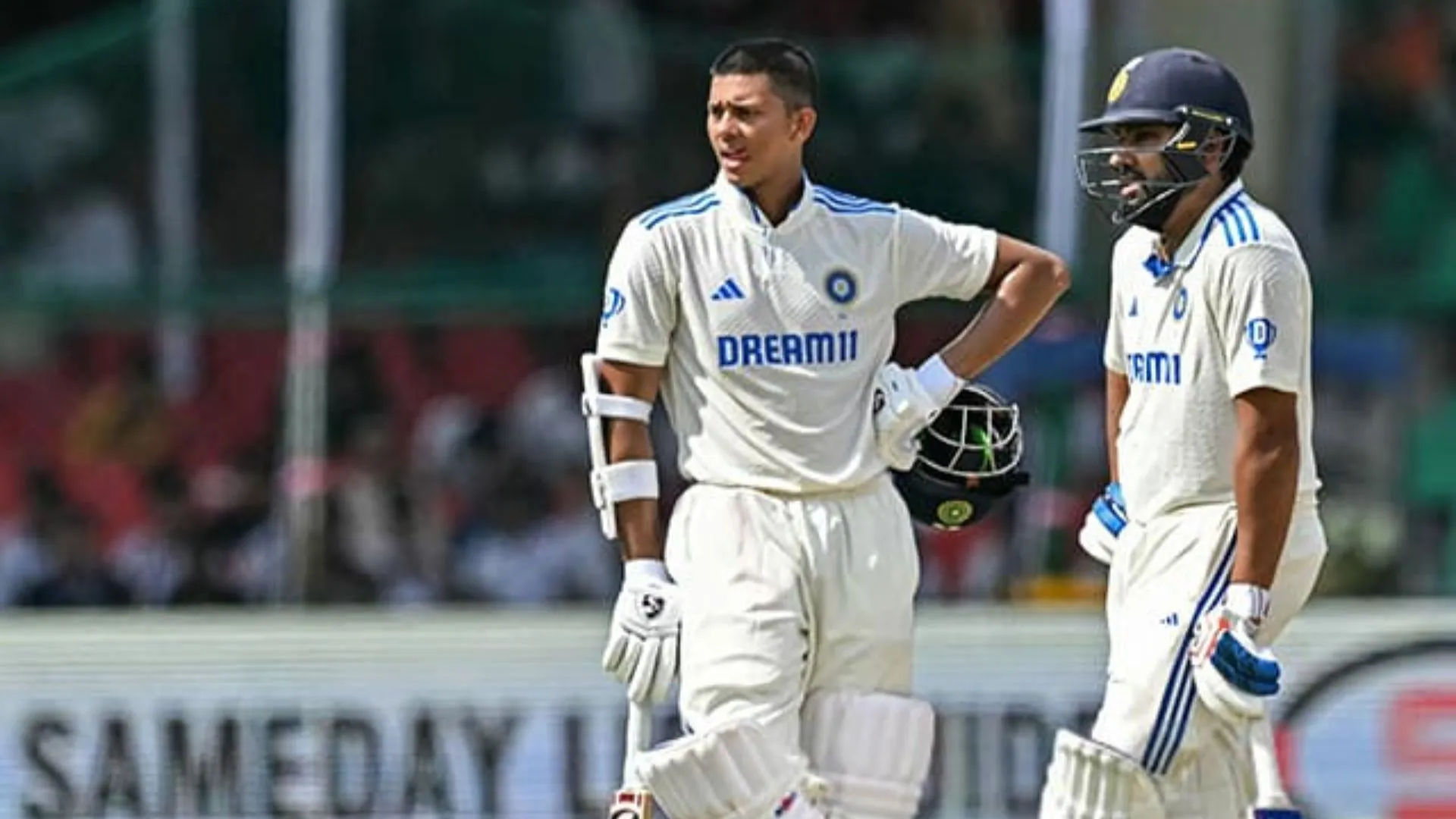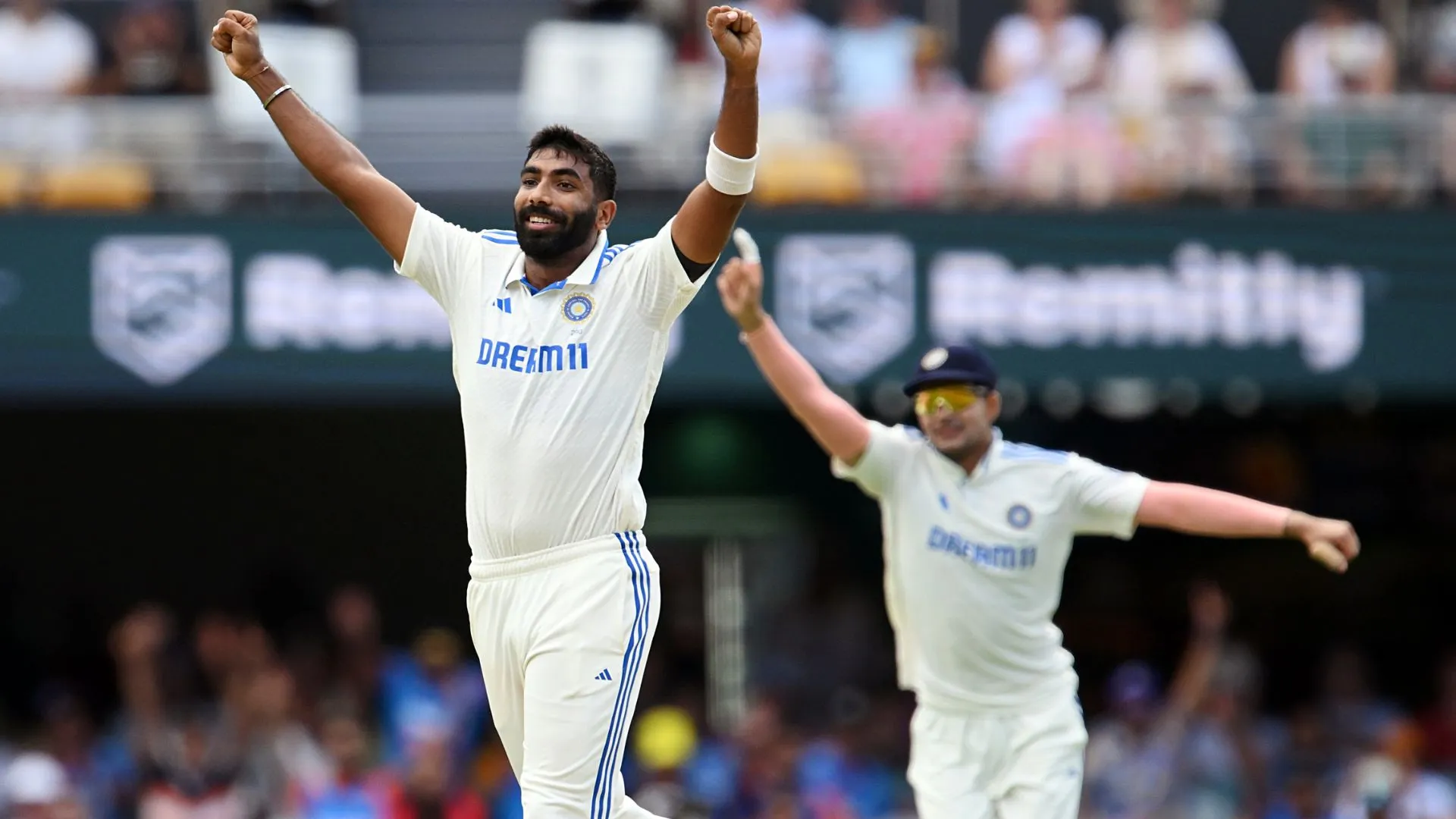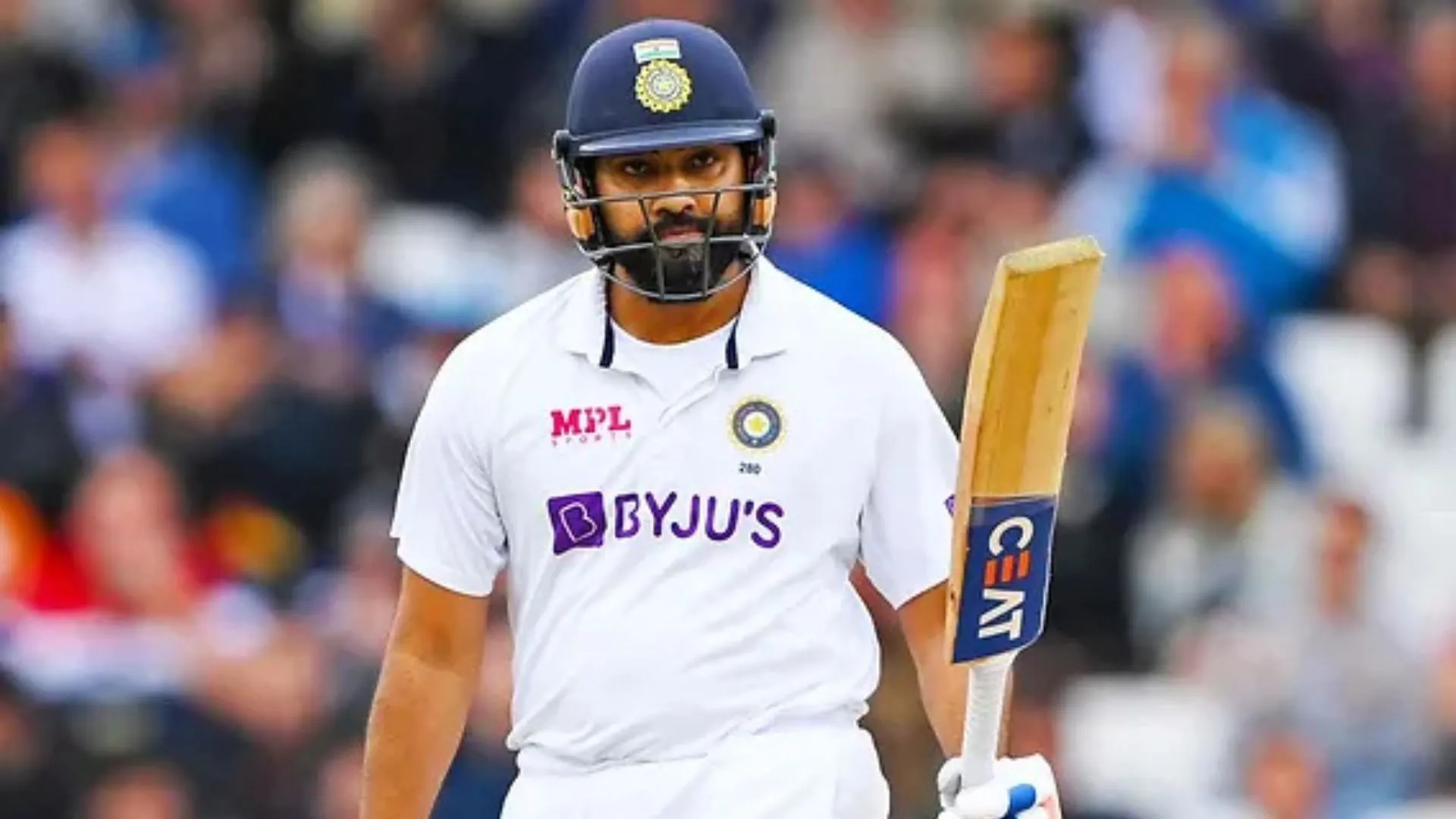Today a 12th man can bat in Test cricket. The International Cricket Council (ICC) has allowed teams to replace players displaying symptoms of Covid-19 during a Test match. In line with concussion replacements, the match referee will approve the nearest like-for-like replacement. Few years back, as an experimenal law, the ICC had allowed a player from outside XI to bat or bowl in One Day International (ODI) cricket, though it was abolished after some time.
The credit to start this tradition should go to former Indian captain Lala Amarnath, who sixty years ago forced Prem Bhatia, a 12th man, to bat in the inaugural Irani Cup match. Today (11 September) is Lala Amarnath’s 109th birth anniversary who breathed his last on 5 August 2000 at the age of 88 years and 11 months in New Delhi.
At that time this was a unique example in first-class cricket. In the match, Rest of India played against Ranji Trophy champion Bombay. First Irani Cup match was played at Delhi’s Karnail Singh stadium, also known as Railway stadium, from 18-20 March 1960. Lala Amarnath, who had the distinction of scoring the first century for India in his debut Test, was leading the Rest of India team and cricketer Polly Umrigar was the captain of the Bombay team.
A well-known sports journalist, the late Kamlesh Thapliyal, had seen this match and he used to tell the whole incident very interestingly. According to him, “In this match not only Lala but even umpires of the match overlooked the laws of cricket. Lala got injured during the match. He sent Delhi’s Prem Bha- tia, who was nominated as the 12th man for the Rest of India team to bat. Everyone watching the match in the Karnail Singh stadium was shocked, because they knew well that according to the law at that time, a 12th man can only field. Bombay skip- per Polly Umrigar, after Bhatia reached at the wicket, took him back to boundary, near the pavilion and asked Lala: ‘Skipper, do you want him to bat?’ Lala simply said, ‘Yes, he will bat in my place.’ And Umrigar, fully aware that Lala happened to be the chairman of the national selection committee, brought Bhatia back to the crease and allowed him to bat.”
The most important character of this incident, former Ranji Player of Delhi, Prem Bhatia, who died a few years back, once told this writer about this match. “Irani Cup, when I listen to this, the whole incident roams in my eyes, though it is very difficult to recollect the match played in 1960. I was a 20 years old college boy. I would say that this was Lala ji’s vision. Whatever experiment he had done at that time was even implemented as an experimental rule by the ICC in ODI cricket a few years back,” he said. Was this pre-decided that you would be sent to bat? Bhatia quickly replied, “No, during the match Lala ji got an injury in his foot and suddenly he ordered me to pad up and go to bat. I was surprised. This was a great moment for me.”
In this match Bhatia batted at number nine in first innings and scored 22 runs and in the second innings he was promoted to number three and returned back to the dressing room with a fifty to his name. Lala’s cricketing fame and the tag of ‘bad boy’ of Indian cricket went hand in hand. He became the first Indian to score a century in his debut Test against Douglas Jardine’s MCC team in 1933-34 Test series in Bombay. Two years later on his first tour to England, under Maharaj Kumar of Vijaynagaram, popularly known as ‘Vizzy’, he didn’t get along well with the team management. He was packed off to India on disciplinary grounds midway through the tour by the captain and manager of the team.
Lala Amarnath led India in 15 Tests and was the first Indian to captain the national team in ten Test matches in a row. He had the distinction of playing and leading five teams, Southern Punjab, Gujarat, Maharaja of Patiala’s XI, Uttar Pradesh and Railways, in the Ranji Trophy, the National Cricket Champion- ship. India recorded their first Test victory against Pakistan under the captaincy of Lala Amarnath. This historic Test was held at Feroz Shah Kotla ground, Delhi, in October 1952. India trounced Pakistan by an innings and 70 runs. Legendary cricketer A.H. Kardar led Pakistan. India won the five match Test series 2-1.
Many people in the cricketing fraternity might not have liked Lala personally, but even his bitter rivals acknowledged his knowledge of cricket. His dictatorial attitude, and some of the cricketing tactics used by him had earned him bad name or negative results, but he didn’t bother about them. Lala had to wait for national honours for 39 years after his retirement from Test cricket in 1952, although many cricketers, during this period, got national honour for lesser achievement.

